Marriage is the tomb of love
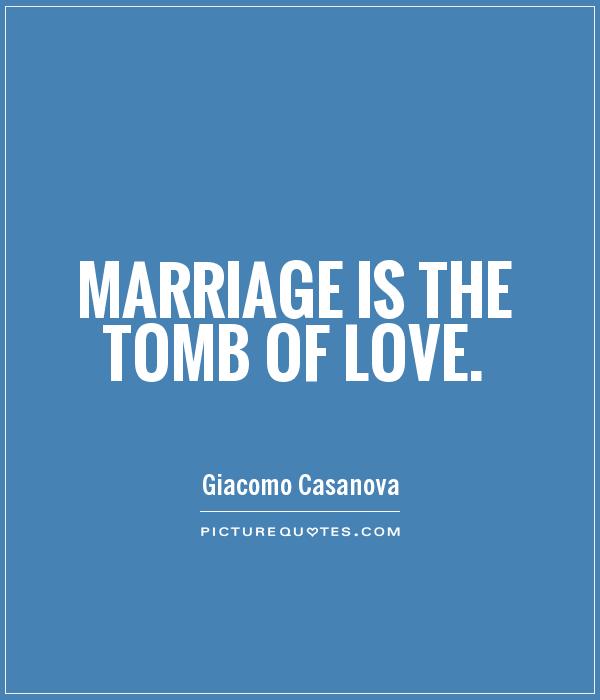
Marriage is the tomb of love
Giacomo Casanova, the infamous Italian adventurer and seducer, is often quoted as saying, "Marriage is the tomb of love." This statement reflects his own personal experiences and beliefs about the institution of marriage. Casanova was known for his numerous love affairs and romantic escapades, and he viewed marriage as a restrictive and confining institution that stifled passion and freedom.In Casanova's time, marriage was often seen as a practical arrangement rather than a union based on love and mutual affection. Marriages were often arranged for political or financial reasons, and individuals were expected to fulfill their marital duties regardless of their feelings for their spouse. Casanova, who valued personal freedom and independence above all else, found the idea of being tied down to one person for life to be suffocating and unappealing.
For Casanova, love was a fleeting and ephemeral emotion that could not be contained or constrained by the confines of marriage. He believed that true love was spontaneous and unpredictable, and that it could not be forced or manufactured through a legal contract. Casanova's own romantic exploits and passionate affairs were a testament to his belief in the power of love to transcend societal norms and conventions.
However, it is important to note that Casanova's views on marriage were shaped by his own experiences and biases. As a notorious womanizer and libertine, he may have been predisposed to view marriage in a negative light due to his own inability or unwillingness to commit to a single partner. Additionally, Casanova lived in a time when divorce was rare and socially stigmatized, which may have colored his perception of marriage as a "tomb" for love.

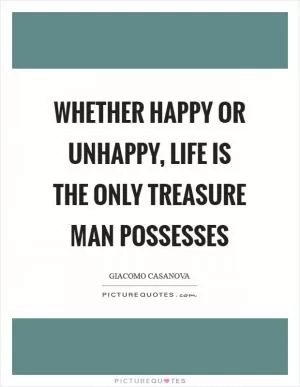

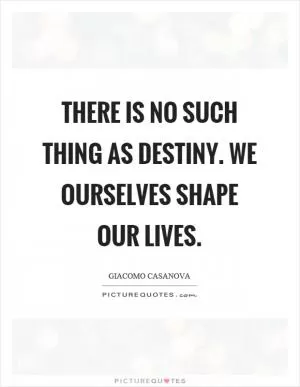

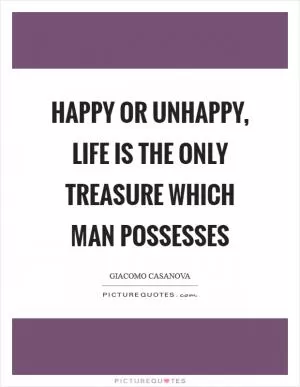




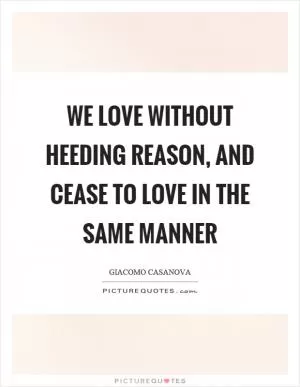
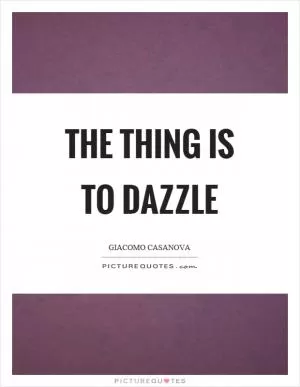
 Friendship Quotes
Friendship Quotes Love Quotes
Love Quotes Life Quotes
Life Quotes Funny Quotes
Funny Quotes Motivational Quotes
Motivational Quotes Inspirational Quotes
Inspirational Quotes